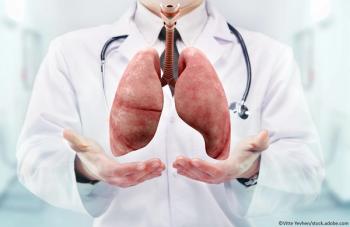
Patients with diabetes had a 35% higher risk of COPD compared with those without diabetes, according to new research.

Dupilumab sBLA Submission for COPD Accelerated Based on Second Positive Phase 3 Trial Findings

Patients with diabetes had a 35% higher risk of COPD compared with those without diabetes, according to new research.

Results of a new study offer additional support for clinical guidelines to favor one therapy over another, authors suggest.
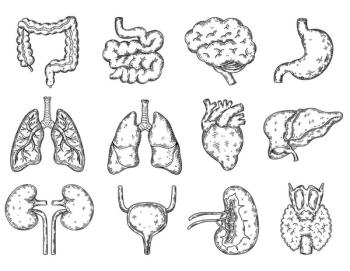
At the 2023 American Thoracic Society International Conference a symposium focused on common comorbidities seen with COPD, their management, and research needs.
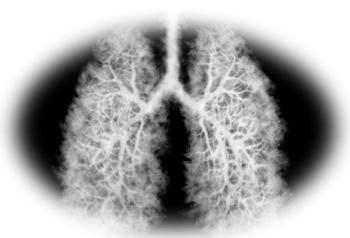
Findings of the BOREAS trial of patients with COPD and type 2 inflammation make dupilumab the first biologic to significantly reduce exacerbations by 30% vs placebo.

“Patients with COPD who have AMI are less aggressively treated than those without COPD," leading to higher in-hospital mortality and long-term mortality,” wrote authors.

Your daily dose of clinical news you may have missed.

Pain is a prominent symptom among persons with COPD yet management is not included in clinical guidelines and current research findings are vague, say study authors.
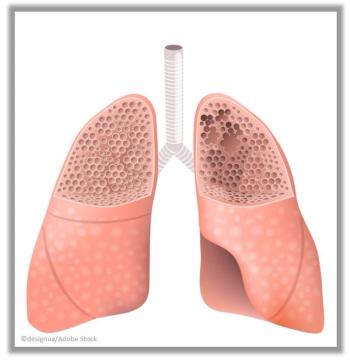
Dupilumab in patients with uncontrolled COPD reduced annual exacerbations by 30%, a statistically significant and clinically meaningful outcome and a first for a biologic.

Your daily dose of clinical news you may have missed.
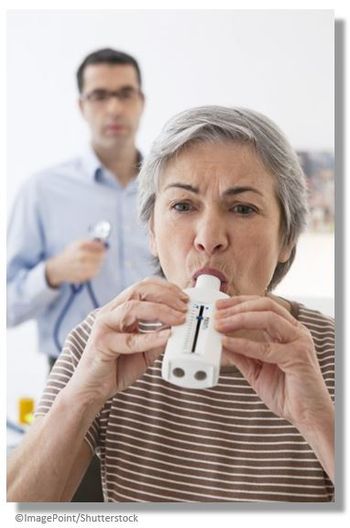
The CAPTURE tool was able to identify 50% of primary care patients with COPD who could immediately benefit from treatment; experts say, it's a start.

Your daily dose of clinical news you may have missed.
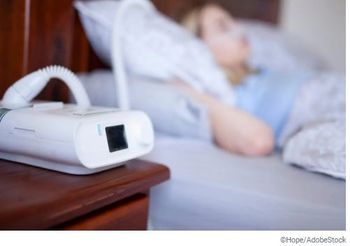
Among patients with COPD and OSA, those with consistent CPAP compliance over 12 months showed improved lung function and experienced fewer AECOPD.

Prediction of COPD exacerbations was significantly better with a CT biomarker-based model than either exacerbation history or BODE index.

COPD was associated with a 61% increase in risk of death and 13% greater total costs in the year after surgery, according to a new study.
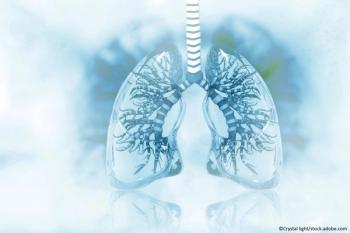
Exacerbation history alone is unlikely to provide clinical utility for predicting future COPD exacerbations and could be associated with a risk of harm, according to new analysis.

Your daily dose of clinical news you may have missed.

CHEST. After a moderate COPD event, treatment with TT within 30 days significantly reduced risk for exacerbation over 12 months vs treatment after 30 days.
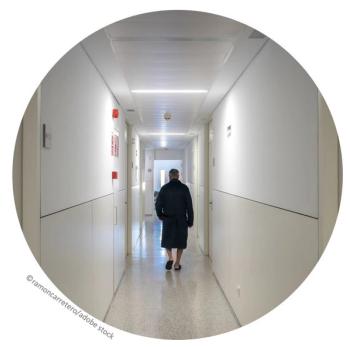
In-hospital pulmonary rehabilitation improves function and symptoms in COPD patients whether they are on triple therapy or not, a new study confirms.

Findings highlight the need for more real-life studies to support decision making within primary care settings, say researchers.

Lung airways were smaller in women than men, even among ever-smokers and never-smokers, according to large analysis.

Additional research into tailored metered-dose inhaler education is needed, according to authors of a recent study.

When asthma and COPD patients have a continuous relationship with a single provider, ED visits/hospitalizations go down, survival goes up, finds a new systematic review.

In persons with COPD, seasonal influenza and PPSV23 vaccines, separately or together, reduced the risk for COPD- and pneumonia-related hospitalizations.
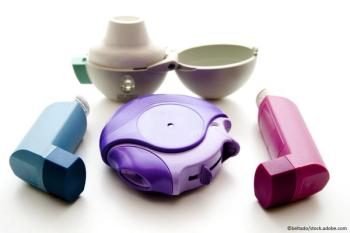
Authors of this first study to compare the combinations head-to-head suggest that the glycopyrrolate combination is appropriate for long-term COPD management.

Asthma-COPD overlap and obesity mutually exacerbate each other and an early program of pulmonary rehabilitation shows promise to help both.